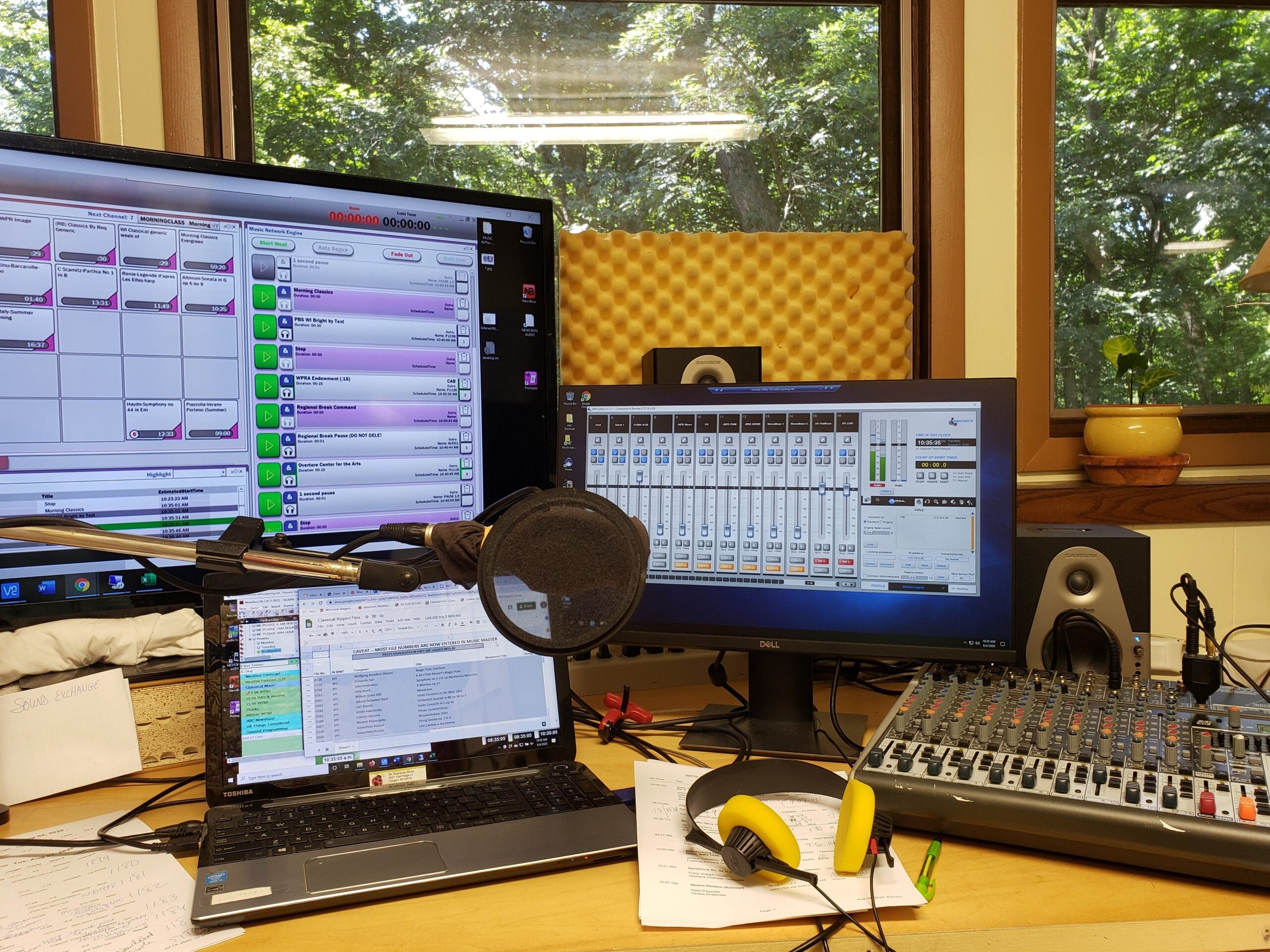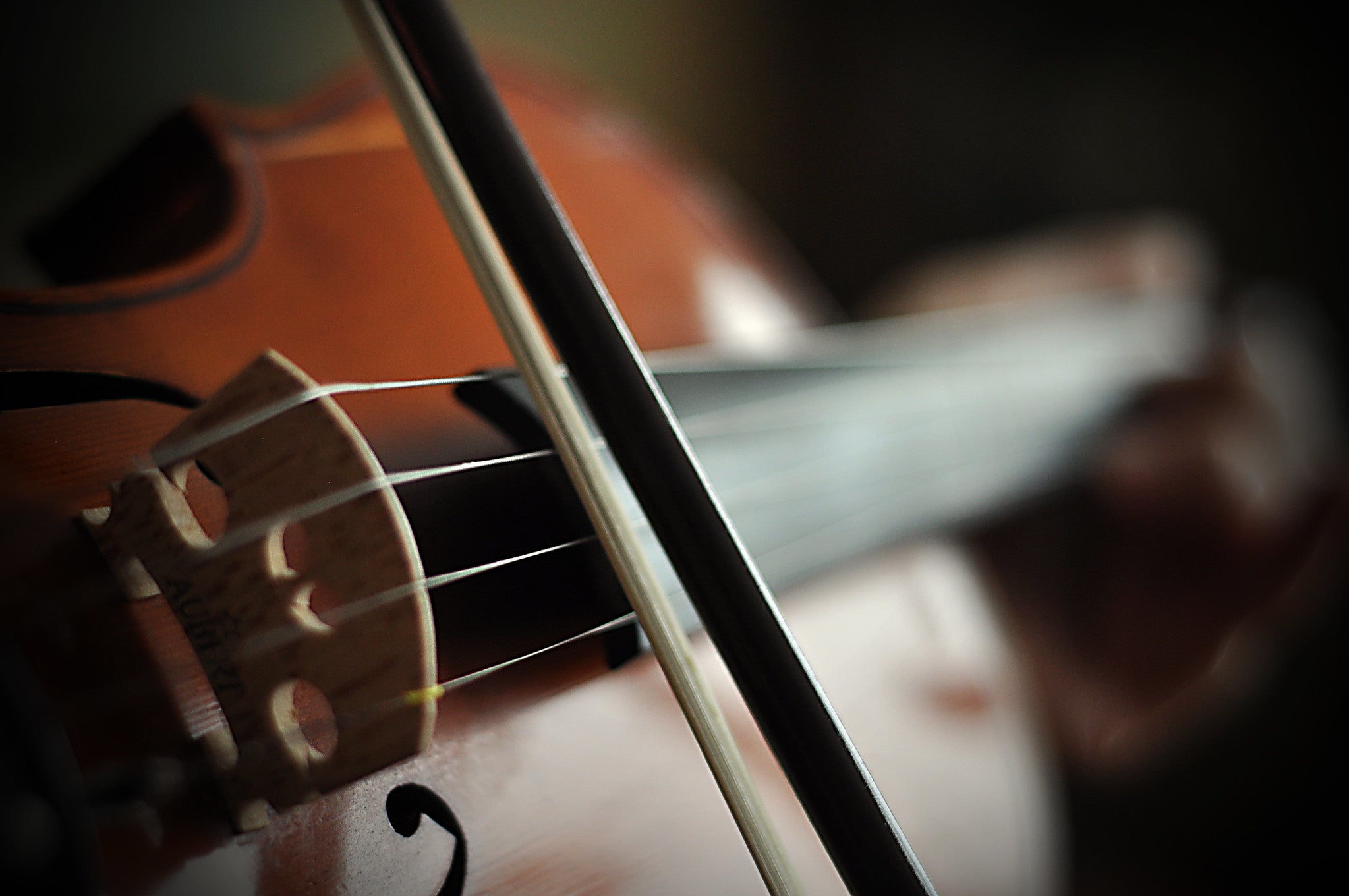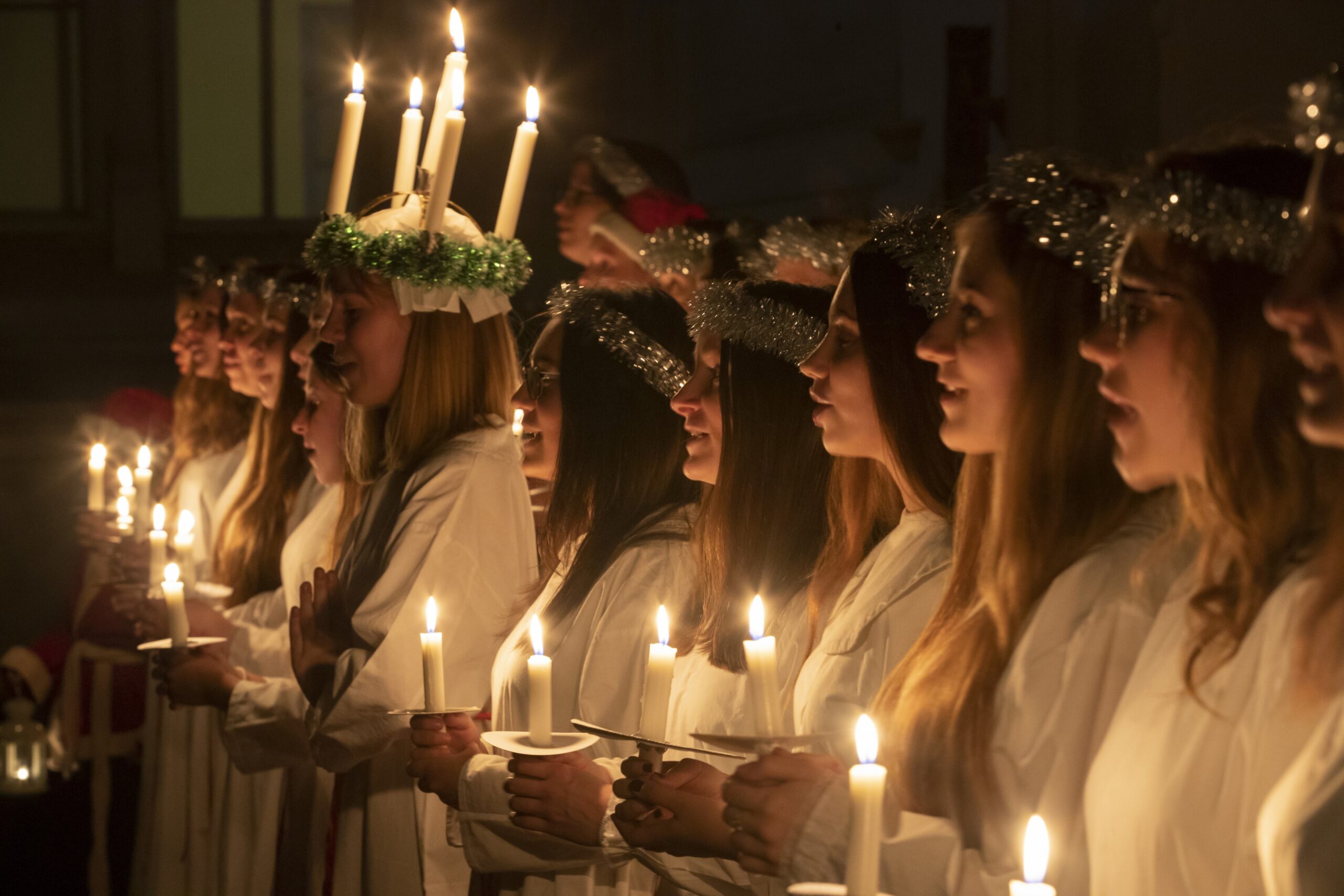“Reformation,” a new recording of early keyboard pieces, brings attention to the rich depths of emotion that can be found in music created during the turbulent and destructive English Reformation.
Agents of Henry VIII and Thomas Cromwell laid waste to Catholic churches and monasteries in the 16th century — what the English pianist Mishka Rushdie Momen referred to as “cultural vandalism” in an article she penned for London’s “The Guardian” newspaper in June.

News with a little more humanity
WPR’s “Wisconsin Today” newsletter keeps you connected to the state you love without feeling overwhelmed. No paywall. No agenda. No corporate filter.
Rushdie Momen has put together a collection of composers and works linked to the Reformation even though the music is not overtly sacred.
The idea for the album came during the Covid lockdown. “It was surprisingly moving to be exploring masterpieces written in a time of even more deadly plagues and at a time when, like today, people would have been contemplating a profoundly insecure and unpredictable future,” she wrote in the Guardian article.
The album includes keyboard music by English composers William Byrd, Orlando Gibbons, John Bull and the Dutch organist Jan Sweelinck.
It’s music that would have been performed on smaller keyboards of the day – virginals, harpsichords, clavichords. Rushdie Momen has recorded them on a modern piano, providing a higher degree of expression, subtlety and control over the music.
Momen’s uncle is the author Salman Rushdie, with whom she is very close. Writing last month in London’s “Sunday Times,” Rushdie said that his niece revealed a kind of genius at a young age, and that, “Mishka and I have always recognized in each other a creative kinship.”

It’s no wonder then, that Rushdie Momen not only performs these pieces exquisitely, but also writes about them in an evocative way, referring to her role being, “to animate and recreate this music, not merely to describe or reproduce the text.”
Re-forming it, in essence.
One reviewer aptly called the recording “quietly beguiling.” The music has a way of gently taking the listener by the hand and inviting them to rest, to contemplate, to be lifted up, to be moved.
Rushdie Momen notes that much is known about Elizabethans but “often what is missing is people’s true, private feelings and inner worlds.” She has tapped into those feelings and worlds, sharing them in a deeply sensitive and open way through this music.
Wisconsin Public Radio, © Copyright 2025, Board of Regents of the University of Wisconsin System and Wisconsin Educational Communications Board.






